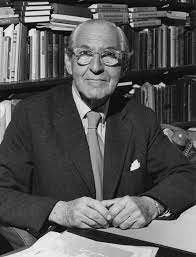Glass, David

Bio: (1911-1978) British sociologist. David Glass taught at the London School of Economics. He studied demography and social mobility in Britain. Glass led a large-scale field survey conducted in 1949, which aimed to determine intergenerational status mobility. The results of this research are presented in the book Social Mobility in Britain (1954a). Prior to the research, all professions were divided into seven status levels: 1) experts and senior management, 2) managers and executive directors, 3) inspectors, supervisors and non-manual workers of higher level, 4) inspectors, supervisors, and non-manual workers of the lower level, 5) skilled manual workers, 6) semi-skilled manual workers, 7) unskilled manual workers.
The results showed that there was no increase in mobility in Britain in the first half of the 20th century. Although two-thirds of the respondents were in a different status category, compared to the one in which their fathers were, the number of those who progressed was the same as those who fell behind in relation to the status of a father. The highest mobility is shown at the middle-status levels. Policy measures aimed at establishing equal opportunities in education and employment in Britain have not been successful, as inequalities in economic and status resources persist. Glass championed for the introduction of measures that will assure real equality of opportunities.
Fields of research
Classes Demography Egalitarianism Inequality, Social Management Mobility, Social Professions Working ClassMain works
Population Policies and Movements in Europe (1940);
Social Mobility in Britain (1954);
The Trend and Pattern of Fertility in Great Britain (1954);
Numbering the People (1973).

